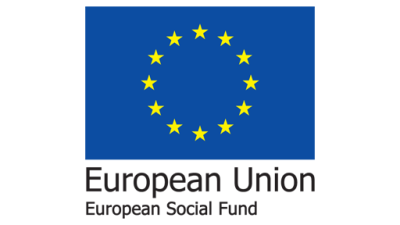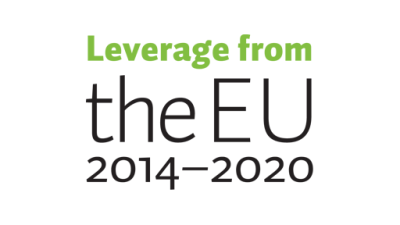Project
Get employed by gaming!
Project sponsors
Get employed by gaming project was funded by European Social Fund and implemented by Jamk (2021-2023). The starting point for the project was the fact that active and goal-oriented digital gaming is hardly used as a working method at all. However, it has potential as a means of supporting inclusion and well-being, as a means of motivation and as a pathway to, for example, rehabilitation or self-employment in the eSports ecosystem.
The purpose of the Get employed by gaming! -project was to promote the rehabilitation of young people and young adults who are neither in employment nor in education or training by strengthening their well-being, social inclusion and working life skills by using digital and competitive gaming as a tool. In addition, it aimed to increase understanding of the role of digital gaming in supporting the well-being, social inclusion, and employability of the target group, and to create new networks of eSports ecosystems.
The objectives of the project were: 1) to develop new types of digital gaming models to strengthen the well-being, inclusion and work and functional capacity of young people and young adults who are neither in employment nor in education or training, 2) to strengthen their collaboration, feeling of community and social inclusion, 3) to promote interaction and cooperation between actors in the provincial electronic sports ecosystem and target group by creating opportunities for encounters, and 4) strengthen the knowledge of professionals by introducing new ways to use digital and competitive gaming as working method.
The project started with brainstorming sessions to gather information for the project's activities. The brainstorming sessions took the form of questionnaires asking for descriptions of everyday life, gaming habits and aspirations for the community of gaming, among other things. The surveys were addressed to young people and young adults and professionals working with young people in different contexts. The results of the surveys were used to design of the project content and to publish an infographic and an article manuscript.
During the project, two coaching group models were developed, implemented, and modelled: the 'Get employed by gaming!' - work-life coaching group and the 'Get employed by gaming!' - wellbeing coaching group. The focus of the coaching groups was on collaborative gaming, which was combined with various coaching themes. The work-life coaching group sessions focused on working life and teamwork skills and recognizing one's own competences. In the wellbeing coaching group sessions, participants worked goal-oriented on developing relaxation skills, everyday life management and physical activity. The coaching group models are described in the article manuscripts. A guide for the implementation of the community-based game coaching was produced from the practical implementation of the coaching sessions.
The coaching groups sessions paid particular attention to inclusion and positive talk about digital gaming. All participants were asked for feedback on the coaching sessions. Around one third of the project participants (n=44) were interviewed in groups about their experiences of inclusion in the coaching sessions and in different gaming communities.
Digital gaming was seen as a very meaningful part of life for most of the participants in the coaching sessions. They stressed that they would not have participated in the coaching group activities without gaming together and the associated game coaching. The different gaming communities (both in and outside of games) provided important experiences of community and inclusion for the participants. However, the interviews revealed that digital gaming is not always seen as an encouraged activity in services or in close networks. The experiences of inclusion in gaming that emerged from the interviews were used in the trainings and publications organized by the project, and especially in the production of the content of the 'Towards positive talk about digital gaming'- guide.
The project organized 'GameStory' -sessions to bring together game and e-sports stakeholders in the Central Finland region and the target group of the project. They served as meeting places and were organized in different ways. In addition, several training sessions were organized during the project for the social- and health care professionals, rehabilitation units and employment services. The project also participated in various events and conferences where the project activities and results were presented in both national and international fora. The project's activities and results have been comprehensively described in various publications and on the project's website: www.jamk.fi/pelatenduuniin.
More information: project manager Katja Kokkinen (etunimi.sukunimi@jamk.fi, 0400 976767)

